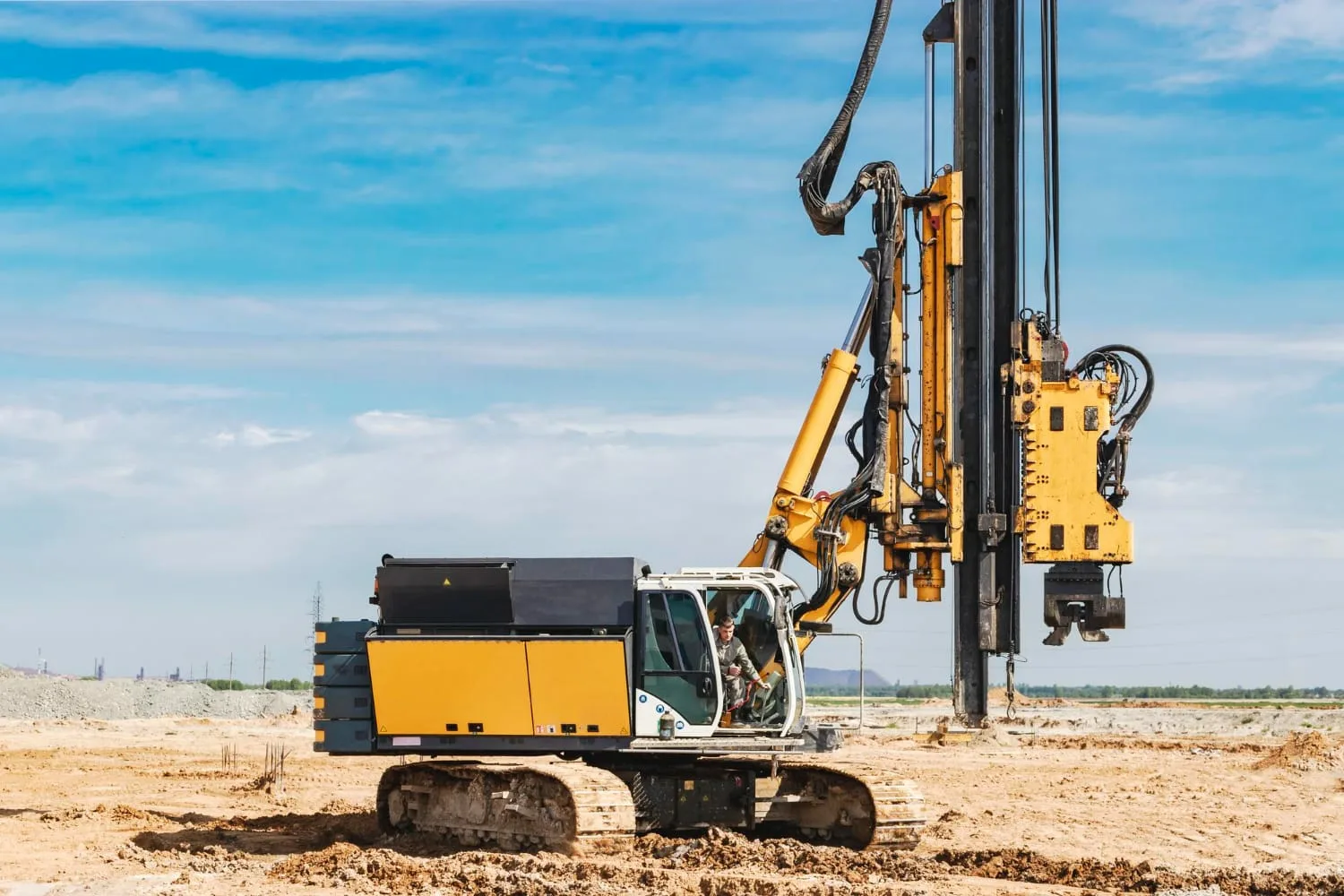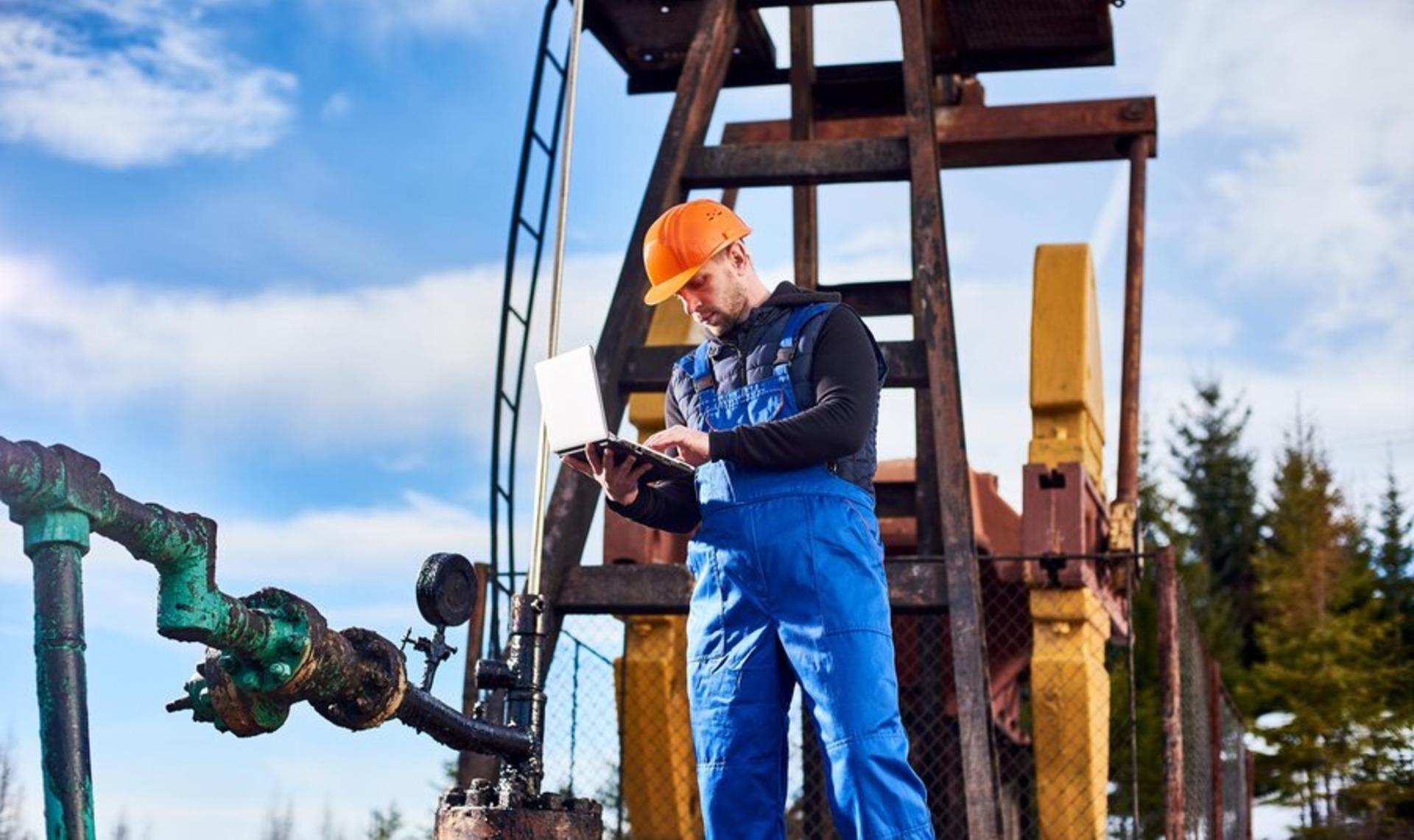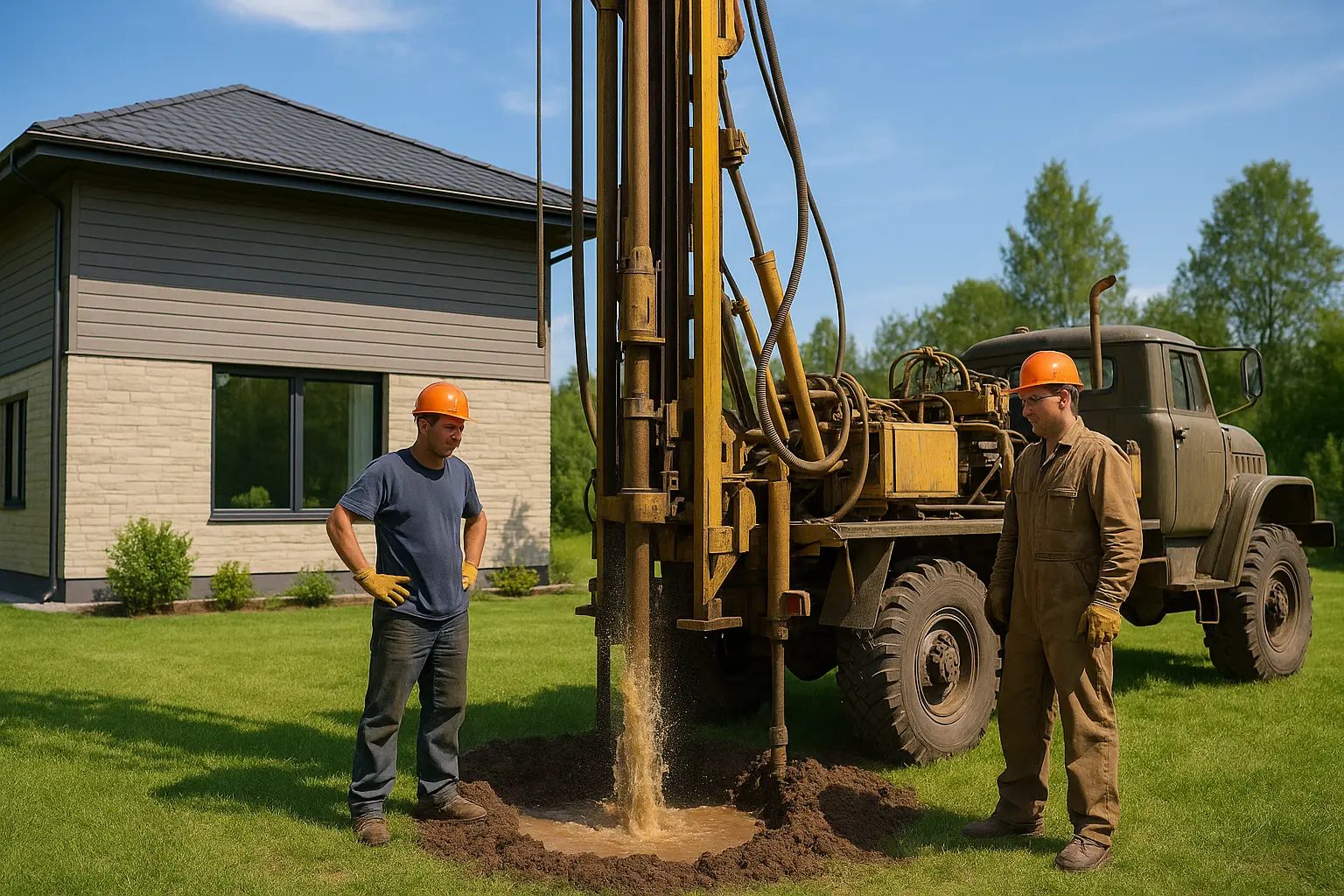
by Suraphong Suchitchai
11.08.2025
The Hidden Depths: Uncovering Local Groundwater Resources
Water is our most fundamental resource, indispensable for life and societal progress. As global populations expand and climatic patterns shift, pressures on conventional water sources intensify. Rivers, lakes, and reservoirs are increasingly susceptible to environmental changes, prompting a critical reevaluation of our water supply strategies.
Amidst these growing challenges, local groundwater resources emerge as an often-underestimated, yet profoundly significant, solution. Tucked away beneath the Earth's surface, these subterranean reservoirs offer a consistent and naturally filtered supply. Their hidden nature requires specialized knowledge for proper identification and sustainable utilization.
Many communities worldwide grapple with securing reliable access to potable water. Large-scale surface water projects can be costly and environmentally disruptive. Discovering and harnessing local groundwater provides an alternative, fostering greater self-sufficiency and reducing dependence on distant or vulnerable external sources.
Unlocking these hidden depths involves a sophisticated understanding of hydrogeology, geology, and environmental science. Accurate mapping of aquifers, water quality assessment, and careful modeling of extraction rates are paramount to ensure the long-term viability of these precious reserves. Responsible exploration is key to avoiding depletion and contamination.
For organizations and municipalities seeking robust water solutions, understanding local groundwater potential is a strategic imperative. It represents a pathway to enhanced water security, particularly in regions facing scarcity. ArchiMorphlyxe guides clients through this complex terrain, transforming potential into practical, enduring water access.
Applications and Considerations
-
Rural Community Supply: Offers self-reliance for remote areas, reducing extensive infrastructure needs. Advantages include independence and lower distribution expenses. Limitation: variable water quality, necessitating local treatment.
-
Agricultural Supplement: Provides a stable water source for irrigation, especially during dry seasons. Benefits include consistent supply and reduced reliance on rainfall. Limitation: over-extraction risks aquifer depletion and land subsidence.
-
Urban Resilience: Cities can utilize groundwater as a supplementary or emergency supply, enhancing overall water system resilience. Adds a crucial layer of security during droughts or infrastructure failures. Challenge: managing potential contamination from urban activities.
Expert Perspectives on Groundwater Management
Leading hydrogeologists consistently emphasize the escalating global reliance on groundwater. Dr. Anya Sharma, a renowned expert, notes, "Groundwater now supplies a significant portion of the world's freshwater needs, particularly for drinking and agriculture. Its widespread availability makes it indispensable, yet its invisibility often leads to its neglect in policy and planning."
The technical complexities in assessing groundwater resources are considerable. Aquifers are dynamic and spatially variable, requiring sophisticated geophysical surveys, test drilling, and long-term monitoring. Experts at ArchiMorphlyxe leverage cutting-edge hydrological modeling to predict aquifer behavior, ensuring a scientifically sound approach.
A strong argument is made for robust regulatory frameworks and sustainable extraction practices. Professor David Chen, specializing in environmental policy, states, "Without proper governance and monitoring, groundwater can quickly become a victim of its own success. We must establish clear guidelines for abstraction rates to prevent irreversible damage."
However, some caution against an over-optimistic view. Critics point to instances of over-extraction leading to aquifer depletion, land subsidence, and saltwater intrusion. They argue that while valuable, groundwater is not infinite; extraction must balance with natural recharge rates, which can be slow and unpredictable.
The consensus among most professionals is that advanced hydrogeological studies are crucial for mitigating these risks. Understanding intricate dynamics, including recharge rates, flow paths, and contaminant transport, enables informed decisions. This scientific rigor allows for adaptive management strategies, protecting both quantity and quality long-term.
Concluding Thoughts on Water Security
The strategic exploration and judicious management of local groundwater are fundamental to securing a stable water future. These hidden reserves enhance regional water independence and resilience. Communities and organizations must approach this with scientific expertise and environmental responsibility.
Proactive, informed practices ensure local groundwater reliably serves as a cornerstone of water provision. This safeguards current needs and future generations, providing a secure and consistent supply.






